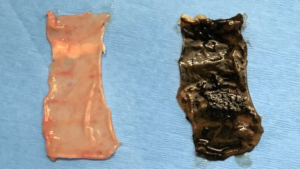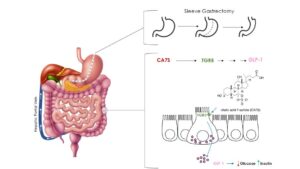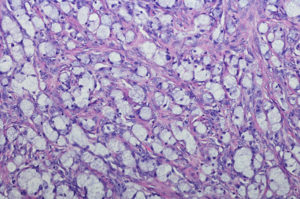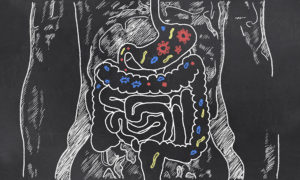Oral Capsule Enables Oral Delivery of Monoclonal Antibodies and Other Injectables

Giovanni Traverso, MD, PhD, MBBCH, a gastroenterologist in the Division of Gastroenterology, Hepatology and Endoscopy at the Brigham and MIT, and colleagues have created L-SOMA, a version of the SOMA capsule, which injects liquid formulations of pharmaceuticals into the gastric submucosa.
Read More...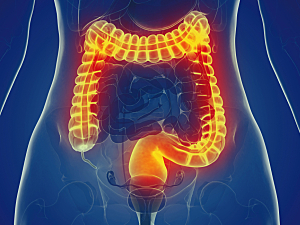
 Despite the formidable challenges created by the novel coronavirus pandemic, the Brigham and Women’s Hospital
Despite the formidable challenges created by the novel coronavirus pandemic, the Brigham and Women’s Hospital 
